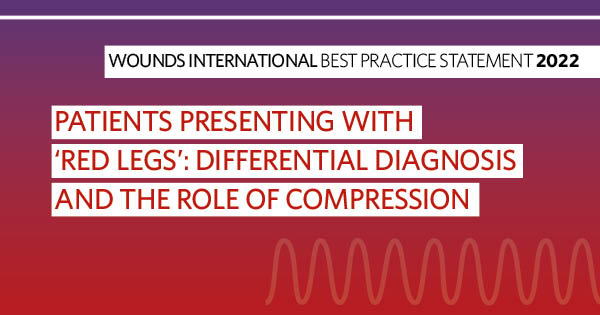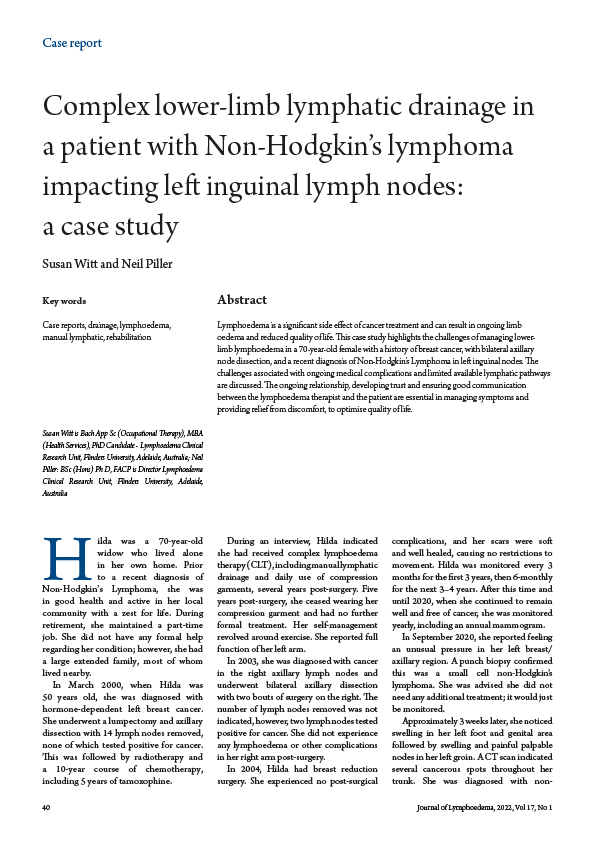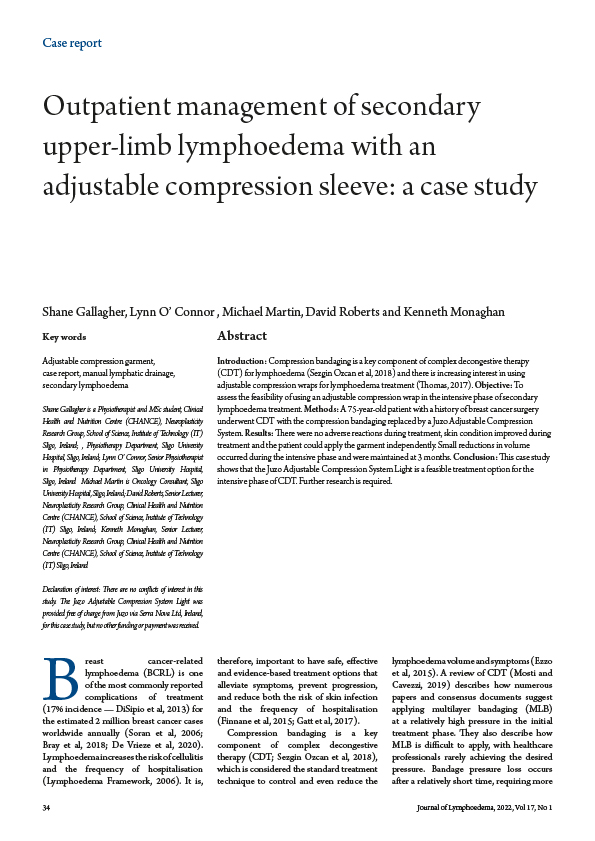<p>Background: Infections with Wuchereria bancrofti causing lymphatic filariasis (LF) still represent one of the major health problems in the tropics. In Rwanda, where LF has been considered endemic by the World Health Organization (WHO) and the Global Alliance to Eliminate Lymphatic Filariasis (GAELF), there are no reliable data on distribution and prevalence of the disease. Aims: To obtain data on the geographical distribution of LF in Rwanda as a prerequisite to initiating national LF elimination activities. Methods: A community-based mapping survey was conducted in five districts likely to be endemic for LF in Rwanda. W. bancrofti circulating antigen was detected using commercially available immuno-chromatographic test (ICT) cards. A night thick blood smear was performed on individuals who tested positive with the ICT card. Results: A total of 797 individuals (400 males: 50.2% and 397 females: 49.8%) were surveyed. Their median age was 37 years (range, 15–97 years). A night thick blood smear was performed for the one individual who tested positive with the ICT card, which was confirmed positive. Conclusions: Only one LF case was detected, thus LF is not a public health problem in Rwanda. Declaration of interest: None.</p>





